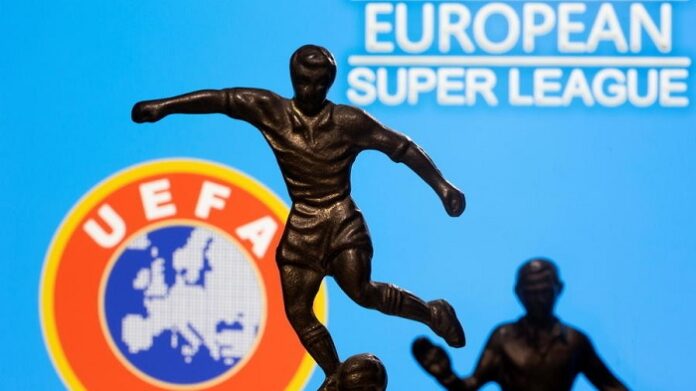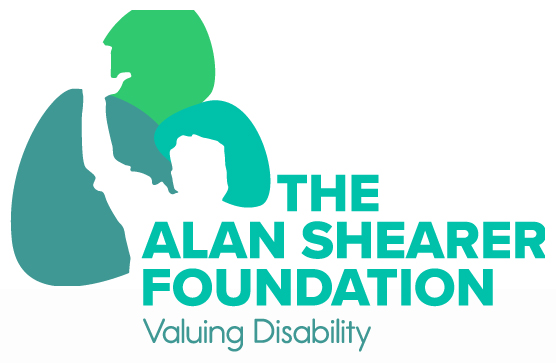The rebel teams – Arsenal, Chelsea, Liverpool, Manchester City, Manchester United and Tottenham Hotspur – will pay £3.67m each. But they face fines of £25m per club and 30-point deductions should they attempt a similar move again.
“The six clubs involved in proposals to form a European Super League have today acknowledged once again that their actions were a mistake, and have reconfirmed their commitment to the Premier League and the future of the English game,” the statement read.
“They have wholeheartedly apologised to their fans, fellow clubs, the Premier League and The FA.
“As a gesture of goodwill, the clubs have collectively agreed to make a contribution of £22m, which will go towards the good of the game, including new investment in support for fans, grassroots football and community programmes.
“Furthermore, the clubs have agreed to support rule changes so that any similar actions in the future would lead to a 30-point deduction.
The six English clubs which secretly agreed to play in a European Super League will pay just over £20m to draw a line under their ensuing row with the Premier League.
— Sky Sports News (@SkySportsNews) June 9, 2021
The six clubs were among 12 European teams to sign up to the project in April. But the plans fell apart within 48 hours in the face of a fierce backlash from fans and politicians.
Real Madrid, Barcelona and Juventus have refused to join Inter Milan, AC Milan, Atletico Madrid and the Premier League clubs in renouncing the European Super League.
They still face the threat of being banned from the Champions League by European chiefs UEFA.
The ESL was launched on April 18 with 12 clubs as founding members, but nine of them — six from England and AC Milan, Inter Milan and Atletico Madrid — have since backed out and reached a deal with UEFA.
The nine clubs who pulled out have been handed financial punishments by UEFA and have agreed to make a combined €15m goodwill contribution to benefit youth and grassroots football across Europe.
UEFA announced on Wednesday that it had put a hold on its disciplinary case against the remaining Super League rebel clubs — Barcelona, Juventus and Real Madrid — who were facing a ban from the Champions League.
The scheme was intended as a direct threat to UEFA’s Champions League, but collapsed just days after the announcement due to widespread opposition from players, managers and supporters.




